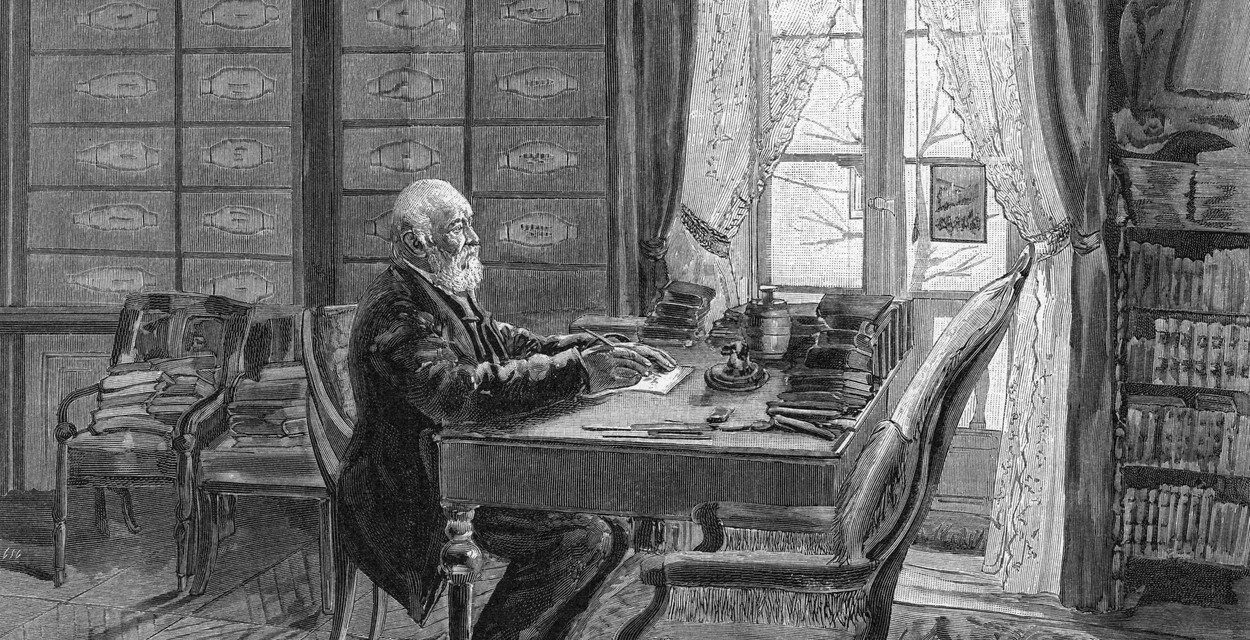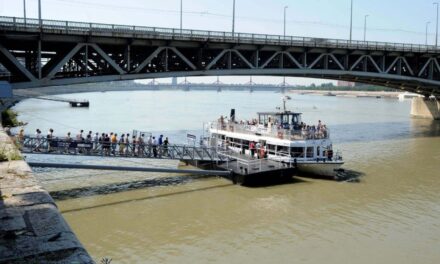On March 20, 1894, Lajos Kossuth, the "hermit of Turin", the leader of the 1848-49 war of independence, died in exile in Turin. We recall only a few moments from his life as a commemoration.
He was born on September 19, 1802 in Monok, Zemplén county, in a noble family. After obtaining his law degree in 1824, he entered the legal profession. The 1832-1836. He was present at the Bratislava Parliament in 2011 as a representative of the absent major orders, and in his newspaper, which was copied by hand and distributed in letter form, he published excerpts and commented on the speeches in the Parliament Reports, thus popularizing the reform opposition.
After the dissolution of the Diet, Kossuth, who gained national fame, moved to Pest and started the Legislative Reports edited in a similar spirit, in which he reported on the public life and meetings of the counties and cities. The paper was banned in 1837 due to its seditious tone, Kossuth was put on trial and sentenced to four years in prison. In May 1840, he was released with an amnesty, and the following year he started the liberal Pesti Hírlap, which spoke against feudal privileges, for the country's constitutional independence, and for the creation of civil liberties.
In 1847, Kossuth was elected deputy of the Pest county with the program of the Opposition Party, and as the leader of the opposition in the last regular parliament, he played a decisive role in the fact that in 1848 the parliament was at the forefront of the transformation.
After the revolution of March 15, 1848, he became the finance minister of the first responsible Hungarian government led by Count Lajos Batthyány. In July 1848, he made 200,000 new recruits and 42 million forints vote for the armed defense of the revolution with his highly effective speech at the first Hungarian People's Representative Parliament. In August 1848, he ordered the introduction of independent Hungarian banknotes, the Kossuth bank notes, and in September, at his suggestion, the National Defense Commission was set up to organize national defense.
After Batthyány resigned as prime minister on October 2, 1848, power passed to the National Defense Commission, which elected him as its president, making Kossuth the number one political leader of the revolution.
The freedom struggle failed due to Austrian and Russian overpowering, Kossuth resigned after the losing battle of Temesvár on August 11, in Arad, and was forced to emigrate after the laying down of arms on August 13. After a year and a half stay in Turkey, he toured Europe and the United States to gain supporters for the liberation of Hungary. His trip to America became a triumphal procession, and today there is a bust of him in the Congress building in Washington. He lived in London from 1852, in Italy from 1861, and in his last years in Turin, where he wrote his memoirs. He strongly opposed the compromise, in his open letter to Ferenc Deák in 1867, the Kassandra letter, he criticized the political solution that tied Hungary's fate to the Habsburg Empire. In 1890, he was stripped of his Hungarian citizenship, in response to which he was awarded the title of honorary citizen by several cities and counties.
After his death on March 20, 1894, his body was brought home by train. On April 1, half a million people accompanied him on his last journey to the Kerepesi úti cemetery, where a few years later, the country's largest mausoleum was built over his grave at a lavish funeral arranged by the capital city of Budapest.
Source: National Geographic












